The Royal Navy say it has has “shown its commitment” to using autonomous and robot systems for underwater survey work.
The Royal Navy, the Defence Science and Technology Laboratory (DSTL) and the National Oceanography Centre have expanded their Memorandum of Understanding for the underwater environment. The Royal Navy say here that the agreement “will see the organisations continue to collaborate in trials and testing of marine autonomous systems and sensors to collect data, broadening the navy’s capabilities in this area”.
The first iteration of the memorandum, signed in 2014, focused on the joint development and trials of unmanned underwater vehicles.
“As the Royal Navy looks to become more innovative with agile working and new methods of operating, it’s continued relationship with the world-class academic and research of the National Oceanography Centre will now look more to the North Atlantic.”
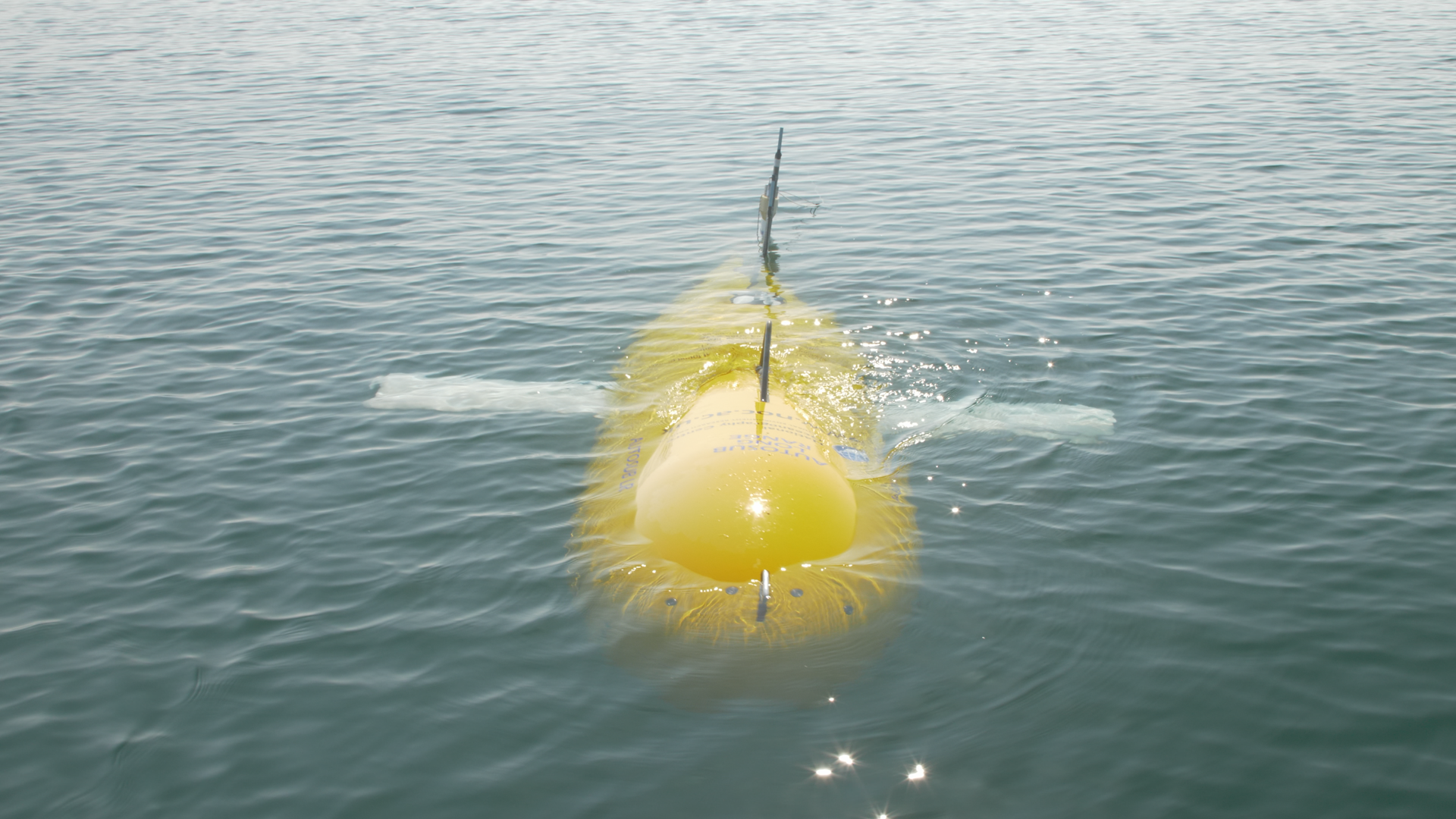
Commodore Mike Knott, ACOS Maritime Capability and Force Development, and Royal Navy sponsor for the Memorandum of Understanding, was quoted as saying:
“The Royal Navy is on an exciting journey to modernise and optimise our ability to collect and exploit hydrographic and oceanographic information. This enduring memorandum allows the Royal Navy to work closely with the National Oceanography Centre and Defence Science and Technology Laboratories to collaborate in developing our world leading expertise in marine science. Consequently, it will ensure that the operational decisions we make will be based on the most up to date environmental data.
The advantage of being able to collectively share knowledge and experience informs our trials and experimentation, such as a recent successful three-month Oceanographic Glider deployment off the coast of Scotland, as we seek to innovate and expand our use of artificial intelligence and autonomous systems.”
Potential projects coming up include further testing of gliders and autonomous surface and underwater vehicles as well as the development of robotics systems and their possible military use.


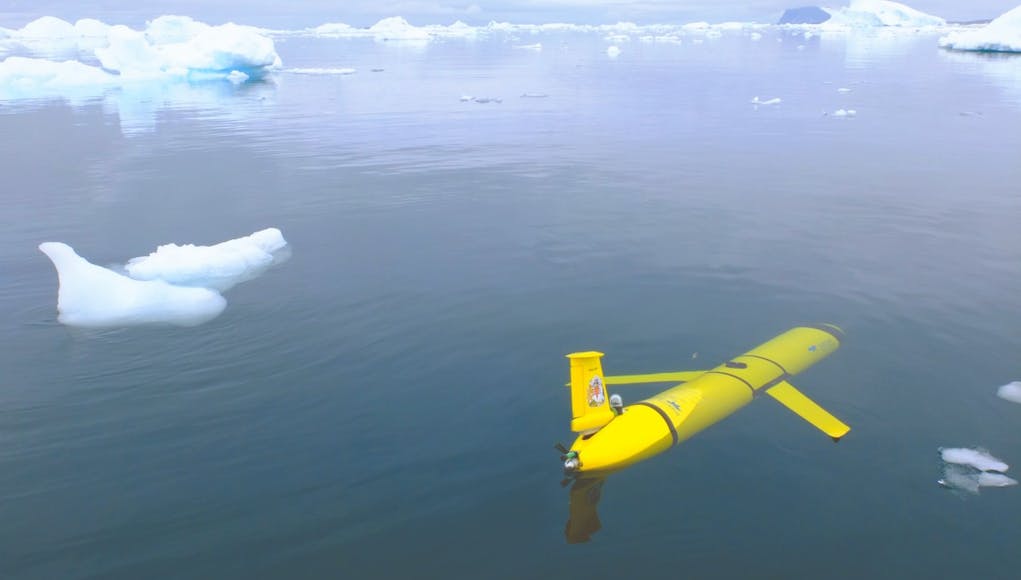


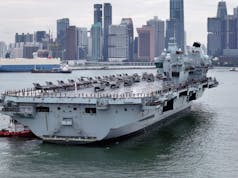
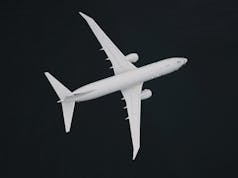

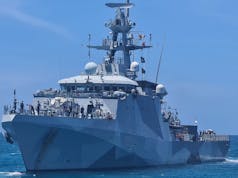
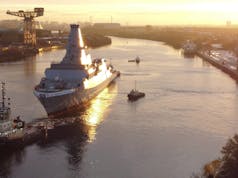
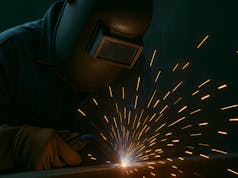
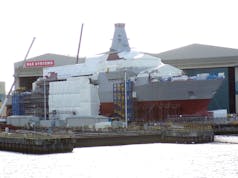


Let’s train some dolphins up!
I am underwhelmed by the RN’s enthusiasm for all things unmanned!
Might find some dinosaurs lurking about somewhere …
Is there a systematic issue about Royal Navy UWAVs?
As http://www.hisutton.com, an excellent site, seems to indicate that they are widespread and publically flaunted. Does the Navy keep these secret due to some antiquated classification, or do we actually have nothing?
X-37B is some random anti-anti-satellite thing or comsat spy plane, which is all totally secret, but showing a picture of it doesnt make the missions any less secret, aslong as the shape doesnt give away the game or how to detect it.
Having a mini sub that looks like a discarded sex toy, doesn’t give the game away in my opinion, but does restore faith in my taxes going to the armed forces as at least it isnt been squandered on vanity or folly.
Can I suggest calling it Subby McSubface……..or can we come up with a more elegant name?
Probably best not to name them then they will be treated like bullets and they might provide more than one!
(this article is certainly revealing the cynic in me)
The approach should be to order a wave of ships and call them after various PMs and have HMS Boris as the proposed name for the 2nd order, that way you can guarantee it won’t get cancelled and that the 2nd order will be placed.
I fear some might sink without trace whilst others might thrash around achieving very little. HMS Boris would confuse any potential enemy because there would be little outward sign of what if anything it was capable of … but nobody would be quite sure!
Hopefully we can use this tech to find gold deposits too